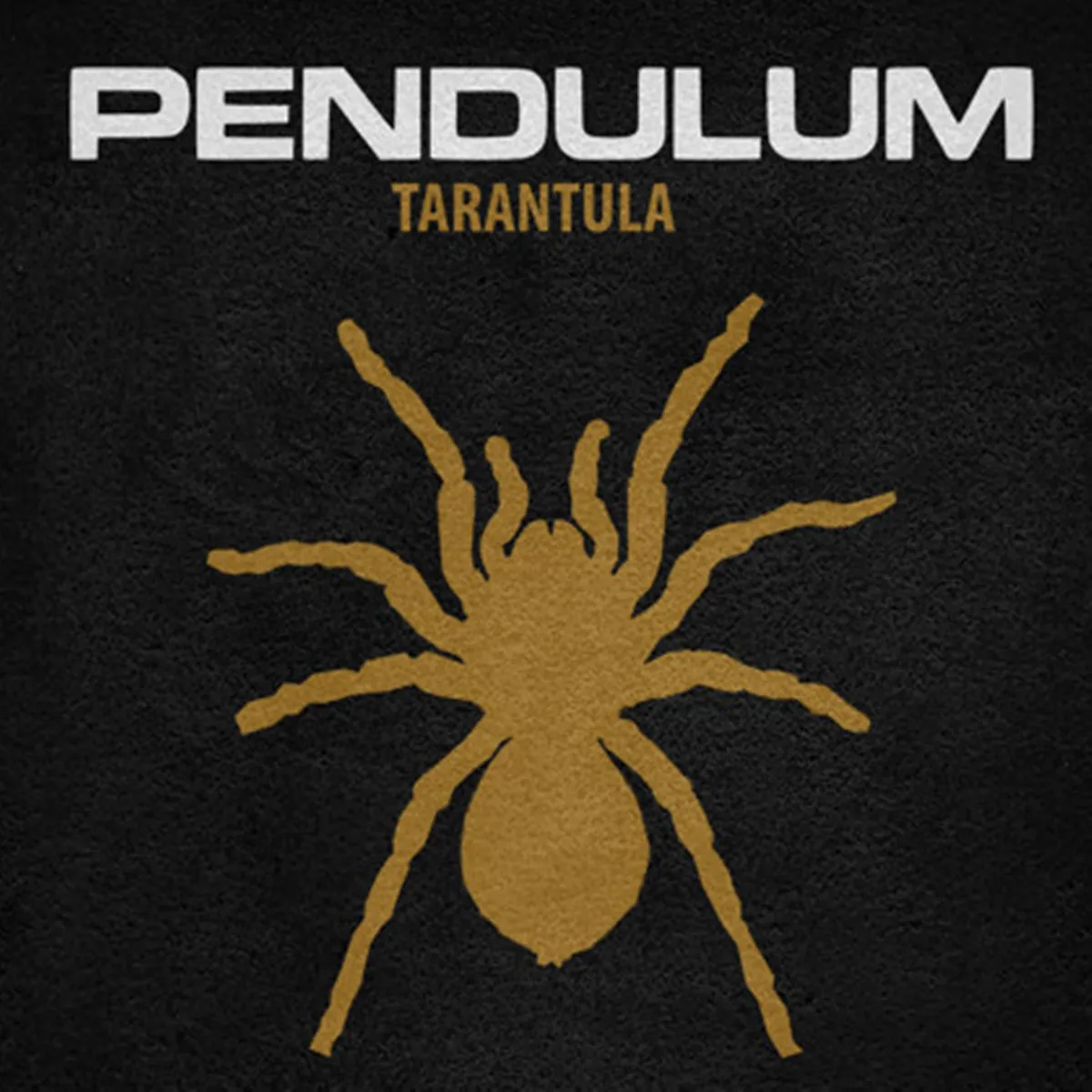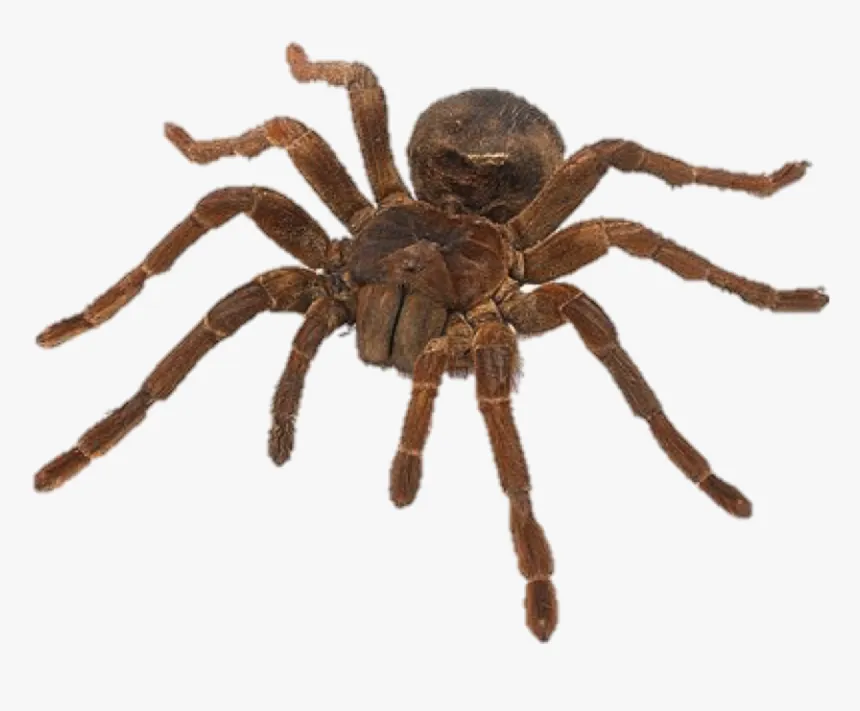What is a Pendulum Tarantula?
The Pendulum Tarantula, often associated with the term “Acapella”, is a fascinating and captivating species within the tarantula family. These arachnids, known for their unique behaviors and striking appearances, have gained popularity among pet enthusiasts and arachnid lovers. Understanding the basics of what constitutes a Pendulum Tarantula and its relationship with “Acapella” is the first step in appreciating these creatures. Acapella, while not a formal scientific classification, is frequently used as a descriptive term for this specific type of tarantula, highlighting its characteristics within the broader Pendulum Tarantula grouping. They are generally known for their relatively docile nature, making them a popular choice for beginners. These spiders are medium to large in size, and their coloration can vary, but are generally dark in appearance.
Understanding Acapella Behavior
Understanding the behavior of a Pendulum Tarantula (Acapella) is crucial for providing proper care and ensuring their well-being. These tarantulas are generally known to be less aggressive compared to some other species, making them relatively easy to handle and observe. However, each tarantula has its own personality, and some may display more defensive behaviors than others. Acapella tarantulas are primarily nocturnal, meaning they are most active during the night. They often spend the day hiding in their burrows or under shelter, emerging at dusk to hunt for prey. Observing your tarantula’s behavior can provide valuable insights into its health and overall condition. Unusual behaviors, such as a loss of appetite or excessive hiding, may indicate a problem that requires immediate attention. The more you know about your Acapella tarantula’s habits, the better you can meet its needs.
Acapella Habitat Requirements

Creating a suitable habitat is essential for the health and happiness of your Pendulum Tarantula (Acapella). Their natural habitat typically involves a terrestrial setup, often including burrows and hidden spaces. Replicating these conditions as closely as possible in captivity is crucial. The size of the enclosure should be appropriate for the tarantula’s size, allowing ample space for movement and burrowing. A secure lid is also essential to prevent escape. Proper ventilation is another key consideration to maintain air quality and prevent the buildup of excessive humidity. By carefully managing these factors, you can provide a comfortable and safe environment for your Acapella tarantula. These tarantulas thrive in a controlled environment that mimics their natural surroundings.
The Perfect Enclosure
Choosing the right enclosure is vital for your Pendulum Tarantula’s well-being. A glass or plastic terrarium is generally the best choice, as it allows for good visibility and easy cleaning. The enclosure size should correlate with the size of your tarantula, providing sufficient space for movement, burrowing, and exploration. Ensure the enclosure is escape-proof with a secure lid. Consider ventilation; adequate airflow is necessary to prevent the buildup of moisture and maintain air quality. Make sure the enclosure has the ability to keep the temperature and humidity at the required level. Avoid cages that are too large, because your tarantula could feel insecure. A well-chosen enclosure is a fundamental element in setting up a healthy and comfortable home for your Acapella.
Substrate Selection
Substrate selection is another critical element in establishing an ideal habitat for your Pendulum Tarantula. The substrate serves several purposes, including providing a base for burrowing, maintaining humidity, and mimicking the tarantula’s natural environment. A good substrate should be able to retain moisture without becoming waterlogged. Options like a mixture of coco fiber, peat moss, and vermiculite are often recommended for Acapella tarantulas. The depth of the substrate should be enough to allow the tarantula to burrow, which is a crucial behavior for this species. It is also essential to ensure that the substrate is free from harmful chemicals or contaminants. Regular spot cleaning of the substrate is necessary to maintain cleanliness and prevent the buildup of waste and other debris, which will keep your Acapella healthy.
Temperature and Humidity

Maintaining the appropriate temperature and humidity levels is crucial for the health of your Pendulum Tarantula. Acapella tarantulas thrive in a specific range of temperature and humidity. Use a thermometer and hygrometer to monitor these levels regularly. The ideal temperature range is between 75°F and 85°F (24°C to 29°C). Humidity levels should be maintained around 60% to 70%. To achieve this, you can mist the enclosure with water, especially in drier environments. The substrate also plays a vital role in maintaining humidity. Proper ventilation is important to prevent the build-up of excessive moisture, which can lead to health problems. Regularly check and adjust the temperature and humidity levels to create a healthy and comfortable environment for your Acapella. These factors are essential to the tarantula’s health and well-being.
Acapella Diet and Feeding
Proper nutrition is a critical aspect of caring for your Pendulum Tarantula. Acapella tarantulas are carnivores and require a diet consisting primarily of insects. The size of the prey should be appropriate for the tarantula’s size; a general rule of thumb is that the prey should be no larger than the tarantula’s abdomen. Commonly used prey items include crickets, roaches, mealworms, and other feeder insects. Always ensure that the insects you feed are from a reputable source. Supplementing your tarantula’s diet with calcium and vitamin-enriched insects is also a good practice to ensure they receive adequate nutrients. Observing your tarantula’s eating habits and adjusting the feeding schedule based on its needs is key to keeping your Acapella healthy and well-fed. These diets will help the Acapella thrive.
Nutritional Needs
A balanced diet that meets the nutritional needs of your Pendulum Tarantula is essential for its overall health and longevity. As carnivores, Acapella tarantulas require a diet rich in protein. The primary food source should be live insects, such as crickets, roaches, and mealworms. It is important to vary the types of insects offered to ensure a balanced intake of nutrients. Gut-loading the insects before feeding them to your tarantula can significantly improve the nutritional value of the food. Gut-loading involves feeding the insects a nutritious diet before they are offered to your tarantula, which can include fresh vegetables, fruits, and specialized insect food. Ensuring proper nutrition is a crucial part of the overall health of the Acapella.
Feeding Frequency

The frequency of feeding your Pendulum Tarantula depends on its age and size. As a general guideline, juvenile tarantulas should be fed more frequently than adults. Young Acapella tarantulas, often fed 2-3 times a week, need a steady supply of nutrients to support their rapid growth. Adult tarantulas can be fed once a week or every other week, but this can vary based on the individual spider. Observe your tarantula’s appetite and adjust the feeding schedule accordingly. A tarantula that is not eating may be molting or experiencing other health issues. Always remove uneaten prey after a reasonable amount of time to prevent stress on the tarantula and to maintain a clean enclosure. Correct feeding frequency will keep the Acapella healthy.
Acapella Health and Care
Understanding the health and care requirements for a Pendulum Tarantula involves careful attention to detail and observation. Regular monitoring of the tarantula’s physical condition, including its abdomen size, overall activity level, and feeding habits, is crucial for detecting any health issues early on. Providing a stress-free environment is also important. Handling should be kept to a minimum, and the enclosure should be in a quiet location away from loud noises. Proper ventilation, temperature, and humidity are also crucial for maintaining a healthy environment. The most important aspect of health care is to have a preventative care routine.
Recognizing Health Issues
Recognizing signs of illness in your Pendulum Tarantula is vital for prompt intervention and care. Some common indicators of poor health include loss of appetite, lethargy, and a change in behavior. A tarantula that is not eating for an extended period could be a sign of a molting issue or an underlying health problem. Other signs to watch for include changes in the abdomen size, which might indicate a problem with hydration or molting, and any visible injuries or unusual movements. If you notice any of these symptoms, it is essential to consult with a veterinarian with experience in exotic animals. Quick action can often make a significant difference in the outcome and the recovery of your Acapella tarantula.
Preventative Care

Preventative care is essential for maintaining the health and well-being of your Pendulum Tarantula. The most important preventative measures are maintaining a clean, comfortable habitat and ensuring that the tarantula is receiving a balanced diet. Regular cleaning of the enclosure, including the removal of uneaten food and waste, will help prevent the growth of bacteria and other pathogens. Providing a variety of prey items, including insects that have been properly gut-loaded, is another way to ensure proper nutrition. It is also important to maintain a stress-free environment by minimizing handling and avoiding loud noises or disturbances. With the proper preventative care routine, your Acapella will thrive.
Acapella: Common Myths
There are numerous myths surrounding tarantulas, including the Acapella, that can lead to misinformation and improper care. Dispelling these myths is important to ensure that these tarantulas are cared for in an informed and appropriate way. Many people mistakenly believe that all tarantulas are highly aggressive and dangerous. In reality, many species, including the Acapella, are relatively docile and prefer to avoid confrontation. Another common myth is that tarantulas require extensive handling to stay healthy and tame, but handling should be minimized. Understanding and debunking these common myths will help you better care for your Acapella.
Myth Busting
Myth busting is essential for separating fact from fiction. One common myth is that tarantulas need to be handled frequently to socialize them. However, tarantulas are solitary creatures and do not require social interaction, in fact handling can stress the Acapella. Another myth revolves around the dangers of a tarantula’s bite, but while a bite can be painful, it is rarely life-threatening to humans. It is important to do the research to understand the truth behind the common misconceptions regarding these spiders and proper care. You should focus on what is accurate rather than perpetuating false information. By debunking myths, you can provide your Acapella with proper care.
True or False

To further debunk the myths, it is important to separate true statements from false ones. True or false questions can help to clarify your understanding of these creatures. True or false: All tarantulas are venomous. True. True or false: All tarantulas are aggressive. False. Understanding these truths is crucial for creating a safe and comfortable environment for the Acapella. This knowledge will provide a better understanding of how to care for the spider.
Acapella Breeding
Breeding Pendulum Tarantulas (Acapella) can be a fascinating but complex process, typically suited for experienced keepers. It requires careful planning, patience, and a thorough understanding of the species’ behavior. The success of a breeding program heavily depends on the selection of healthy, mature specimens. It’s also crucial to understand the mating process, egg sac management, and spiderling care. Those interested should research the specifics of this process. The goal is to ensure the well-being of the tarantulas and the successful production of healthy spiderlings.
Mating Process
The mating process for Acapella tarantulas is a delicate dance of behavior. It starts with introducing a mature male to a receptive female. The male will often drum on the ground or make other signals to attract the female. The female’s behavior will determine the success of the mating. If she is receptive, the male will approach, and they will mate. It is important to closely monitor the tarantulas during this process, as the female may become aggressive. The mating process itself can be brief, but the preparation and monitoring are crucial. After the mating, it’s important to separate the spiders to avoid conflict.
Egg Sac Management

After a successful mating, the female Acapella will lay eggs and create an egg sac to protect them. Managing the egg sac is critical for the survival of the spiderlings. The egg sac will be kept with the female until the spiderlings hatch. The keeper must closely monitor the egg sac, maintaining the proper temperature and humidity. The female may be moved to a separate enclosure. After the spiderlings hatch, they will need to be separated and provided with appropriate food and care. Proper egg sac management is essential for the success of any breeding program and the health of the spiderlings.
In conclusion, the Pendulum Tarantula, or Acapella, is a captivating species that provides joy for many. Understanding their habitat, behavior, and needs are essential in keeping these creatures healthy and happy. From choosing the right enclosure to recognizing health issues and dispelling common myths, this guide offers the foundation for responsible Acapella care. By following the information presented, you can ensure a fulfilling and rewarding experience with these amazing arachnids. Careful care and the right environment will provide the best chance for your Acapella to thrive.
